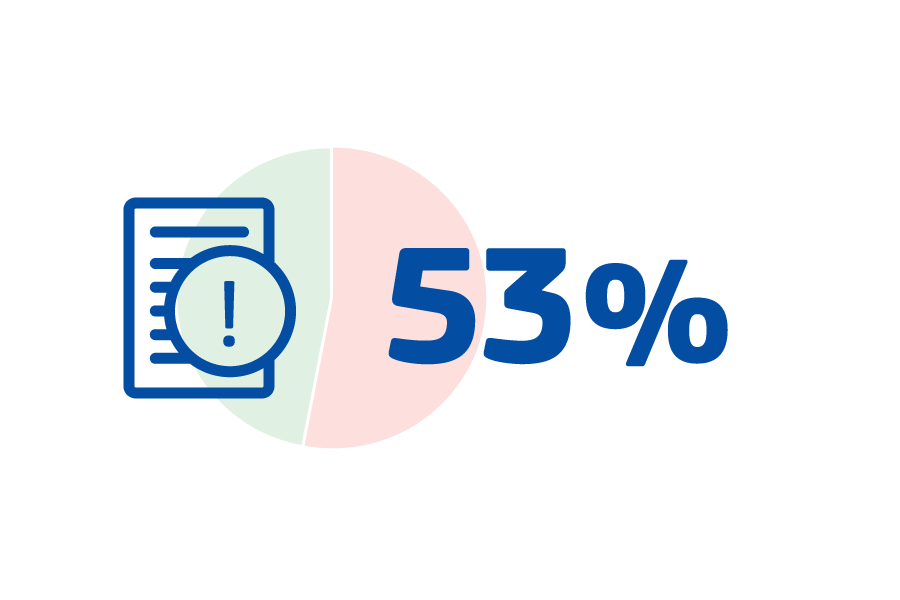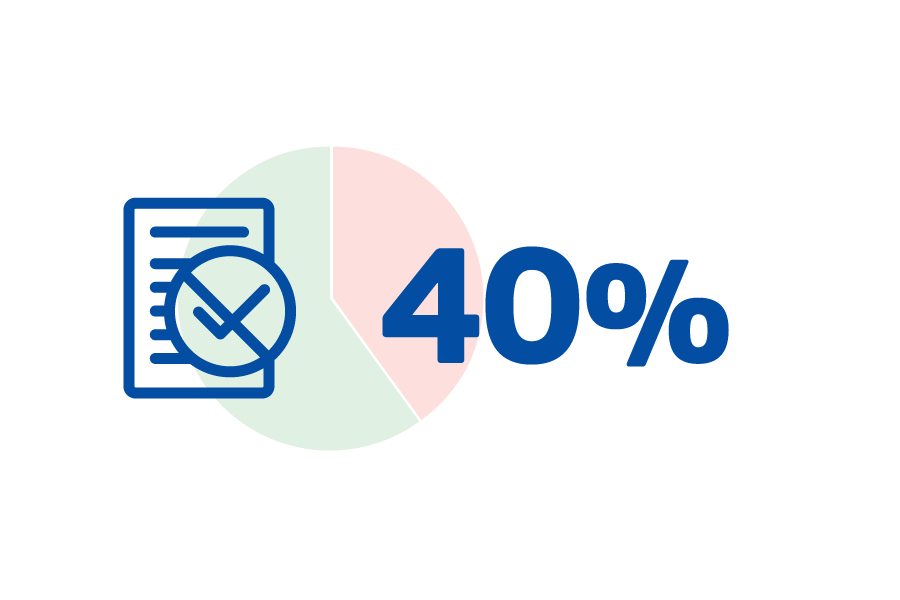Green claims (original) (raw)
- Home
- Topics
- Circular economy
- Green claims
New criteria to stop companies from making misleading claims about environmental merits of their products and services.
Overview
Today it is difficult for consumers to make sense of the many labels on the environmental performance of products (both goods and services) and companies.
Some environmental claims are unreliable and consumers trust in them is extremely low. Consumers can be misled and companies can give a false impression of their environmental impacts or benefits - a practice known as greenwashing.
With a proposed new law on green claims, the EU is taking action to address greenwashing and protect consumers, and the environment.
Ensuring that environmental labels and claims are credible and trustworthy will allow consumers to make better-informed purchasing decisions. It will also boost the competitiveness of businesses striving to increase the environmental sustainability of their products and activities.

53% of green claims give vague, misleading or unfounded information
40% of claims have no supporting evidence
Half of all green labels offer weak or non-existent verification
There are 230 sustainability labels and 100 green energy labels in the EU, with vastly different levels of transparency
Objectives
The proposal on green claims aims to
- make green claims reliable, comparable and verifiable across the EU
- protect consumers from greenwashing
- contribute to creating a circular and green EU economy by enabling consumers to make informed purchasing decisions
- help establish a level playing field when it comes to environmental performance of products
Law
In March 2023, the Commission adopted a proposal for a Directive on Green Claims. The proposal complements and further operationalises the proposal for a Directive on empowering consumers in the green transition.
Key measures
To ensure consumers receive reliable, comparable and verifiable environmental information on products, the proposal includes
- clear criteria on how companies should prove their environmental claims and labels
- requirements for these claims and labels to be checked by an independent and accredited verifier and
- new rules on governance of environmental labelling schemes to ensure they are solid, transparent and reliable
The proposal targets explicit claims that
- are made on a voluntary basis by businesses towards consumers,
- cover the environmental impacts, aspects or performance of a product or the trader itself
- are not currently covered by other EU rules
Some examples of green claims are:
- “Packaging made of 30% recycled plastic”
- “Company's environmental footprint reduced by 20% since 2015”
- “CO2 emissions linked to this product halved as compared to 2020”
Timeline
Related policies

Documents
- Environmental claims in the EU (2020)
- Proposal for a Directive on Green Claims
- Impact Assessment Report accompanying the empowering consumers for the green transition
- Recommendation on the use of the Environmental Footprint methods to measure and communicate the life cycle environmental performance of products and organisation
Contact
For questions about EU environmental policy, please contact Europe Direct.
